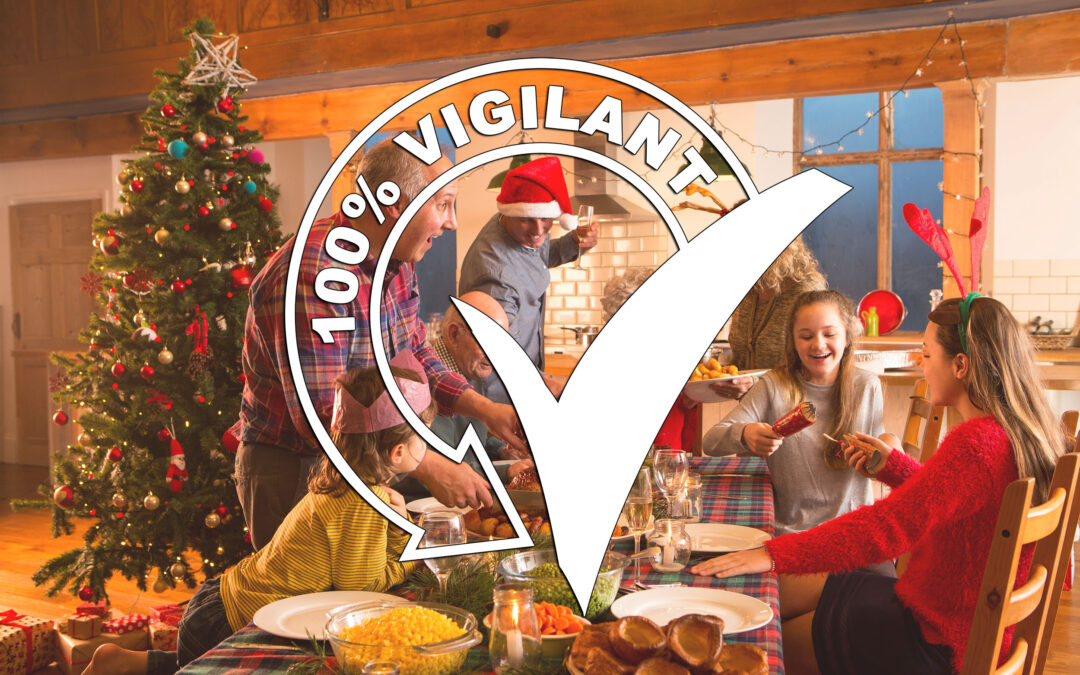As the holiday season approaches, families and friends come together to celebrate, reconnect, and share in the joys of the season. However, amidst the festivities, it’s crucial to be vigilant about the signs of addiction, especially when our loved ones may be struggling silently. In this extensive blog post, we will explore the subtle and not-so-subtle signs of addiction, how to recognize them during holiday gatherings, and how to approach the delicate subject with compassion and support.
I. The Holiday Season: A Time of Celebration and Reunion
- The Magic of the Holidays: The joy, warmth, and togetherness that define this season.
- Gathering Around: The significance of holiday get-togethers in strengthening bonds.
- Hidden Struggles: Why addiction may remain concealed during the holidays.
II. The Spectrum of Addiction
- From Subtle to Evident: How addiction manifests on a continuum.
- Common Types of Addiction: Alcohol, drugs, gambling, and behavioral addictions.
- The Impact on Loved Ones: How addiction affects family and friends.
III. Recognizing the Signs
- Behavioral Changes: Identifying shifts in mood, habits, and social interactions.
- Physical Indicators: Observable signs like changes in appearance and health.
- Emotional Clues: Understanding the emotional toll of addiction on individuals.
- Secrecy and Isolation: How addiction drives individuals to withdraw and hide.
- Financial Strain: Unexplained financial difficulties and unsustainable spending.
- Neglecting Responsibilities: The consequences of addiction on work and family life.
IV. Signs to Watch for During Holiday Gatherings
- Excessive Drinking: Observing patterns of heavy alcohol consumption.
- Frequent Disappearances: Individuals frequently leaving the gathering.
- Mood Swings: Abrupt changes in temperament or emotional instability.
- Unusual Behavior: Out-of-character actions that raise concerns.
- Isolation: A family member or friend isolating themselves from the group.
- Excessive Excuses: Frequent justifications for their behavior or absence.
V. Approaching the Conversation
- Choosing the Right Time and Place: Finding an appropriate setting for discussion.
- Expressing Concern: Communicating with empathy and understanding.
- Providing Support: Offering help and resources without judgment.
- Encouraging Professional Help: The importance of seeking addiction treatment.
- Family and Friend Interventions: Organized efforts to support recovery.
VI. The Role of Support and Treatment
- Addiction Recovery: The journey towards sobriety and healing.
- Professional Help: The significance of addiction treatment programs.
- Emotional Support: How loved ones can aid in the recovery process.
- Relapse Prevention: Strategies to help individuals stay on the path to recovery.
VII. Community Resources and Support
- Local Organizations: Connecting with addiction support groups and resources.
- Helplines and Hotlines: Accessing immediate assistance and guidance.
- Online Communities: Virtual support networks for individuals and families.
- Building a Supportive Network: Strengthening the bonds of recovery.
Vigilance and Empathy: Fostering a Brighter Future
The holidays are a time for love, connection, and renewal, making them an opportune moment to recognize signs of addiction and extend a helping hand to those in need. By remaining vigilant, approaching the conversation with empathy, and connecting loved ones with the right resources, we can provide crucial support for those struggling with addiction during this season of hope and togetherness. Together, we can make the holidays a time of healing and recovery, fostering a brighter future for all.

